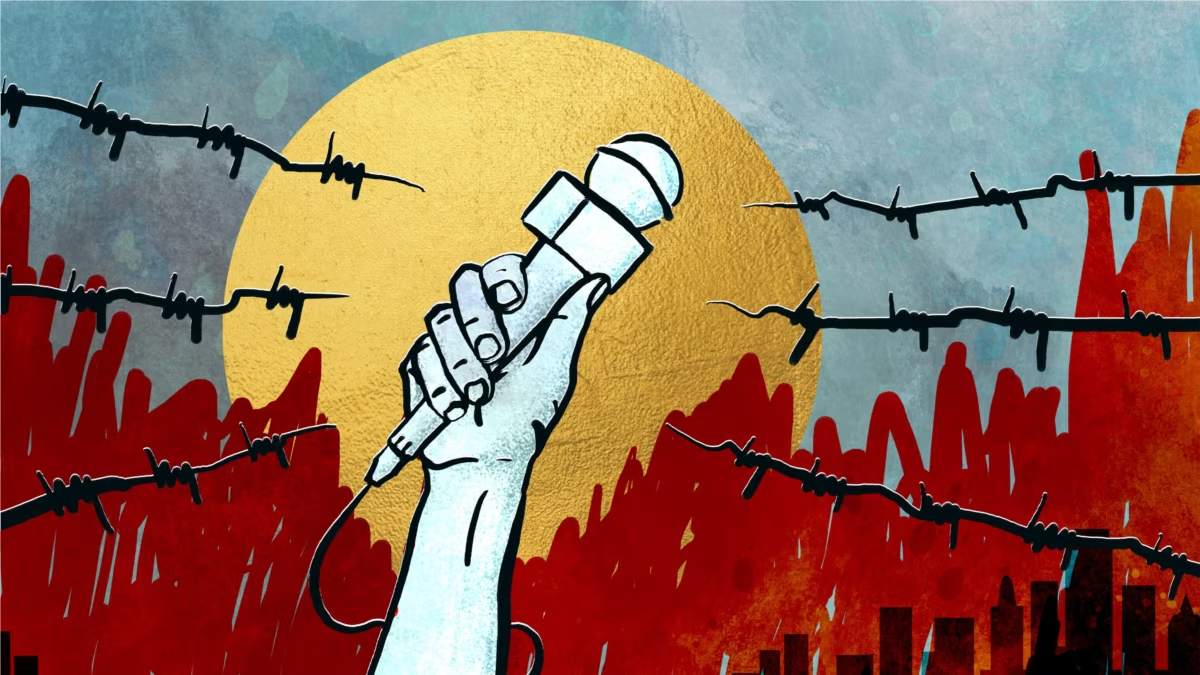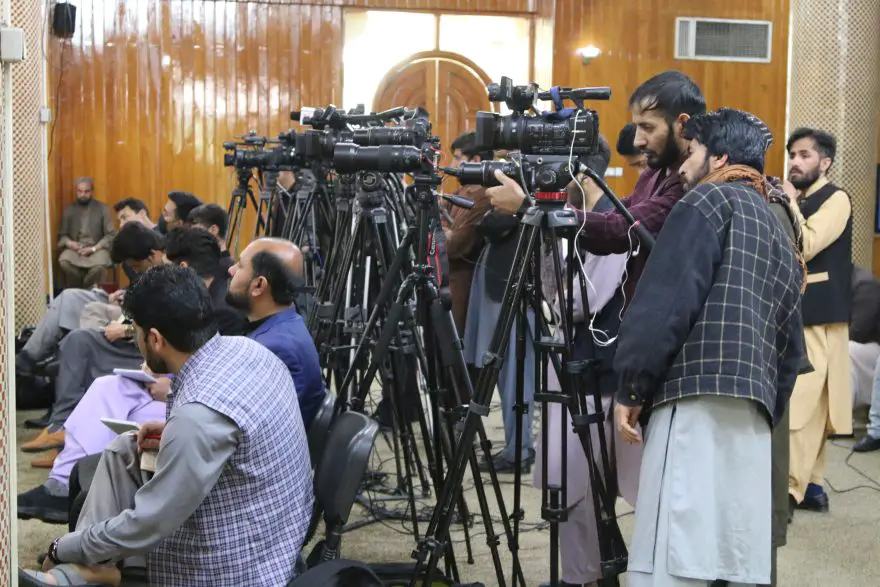Every year on May 3rd, the world commemorates World Press Freedom Day to reaffirm the fundamental principles of press freedom and to pay tribute to journalists who have lost their lives in the pursuit of truth.
Recognized by the United Nations General Assembly in 1993, this day serves as a reminder of the crucial role that free, independent media play in democratic societies.
Press freedom is not just about the rights of journalists—it’s about the rights of citizens. A free press ensures the public’s access to accurate, unbiased information, empowering them to make informed decisions.
From holding governments accountable to exposing corruption, the media is a watchdog that safeguards transparency and the rule of law.

In a world of increasing misinformation and disinformation, professional journalism becomes even more vital. Reliable news sources counter the spread of fake news and propaganda that can distort public opinion and harm social cohesion.
In 2025, the world continues to witness a surge in geopolitical tensions, authoritarianism, and disinformation campaigns. From war zones to election coverage, journalists are navigating increasingly hostile environments.
In countries like Sudan, Palestine, Myanmar, and even within parts of Eastern Europe, independent reporting is being silenced through intimidation, surveillance, and imprisonment.
Notably, social media platforms, once celebrated as tools of free speech, have become double-edged swords—spreading both vital truths and viral falsehoods.
Global Challenges to Press Freedom
Despite its importance, press freedom is under threat around the globe. In many countries, journalists face censorship, harassment, imprisonment, and even violence for reporting on sensitive issues. Authoritarian regimes often silence dissenting voices, restrict access to information, and manipulate media outlets to serve their political agendas.

According to Reporters Without Borders (RSF), more than 500 journalists are currently imprisoned worldwide, and dozens are killed every year simply for doing their jobs. Even in democratic societies, media organizations face increasing pressure through legal battles, surveillance, and financial constraints.
The rise of digital surveillance tools has also made it easier for governments to track and intimidate journalists, putting press freedom at further risk. In this environment, the independence of journalism must be fiercely protected.
The Role of Citizens and Institutions
Protecting press freedom is not solely the responsibility of journalists or media houses—it requires collective effort. Citizens must demand transparency and support credible news sources. Governments must enact and enforce laws that guarantee freedom of expression and access to information.
Civil society organizations play a key role in advocating for media rights and highlighting abuses. Educational institutions should also promote media literacy, enabling people to critically analyze information and distinguish between facts and falsehoods.
Only an informed public can uphold democratic values and resist manipulation.

A Call to Action
World Press Freedom Day is more than a symbolic date—it is a call to action. It urges us to reflect on the state of press freedom in our countries and around the world. It challenges us to support journalists, defend independent media, and ensure that freedom of expression remains a universal right, not a privilege.
As technology evolves and new platforms emerge, the definition of journalism may change, but its core mission remains the same: to seek the truth and share it with the world. On this day, let us renew our commitment to a free press, for it is the cornerstone of justice, peace, and democracy.
Areeba Kanwal is a contributor at The Diplomatic Insight and has passion for International Relations and diplomacy.



